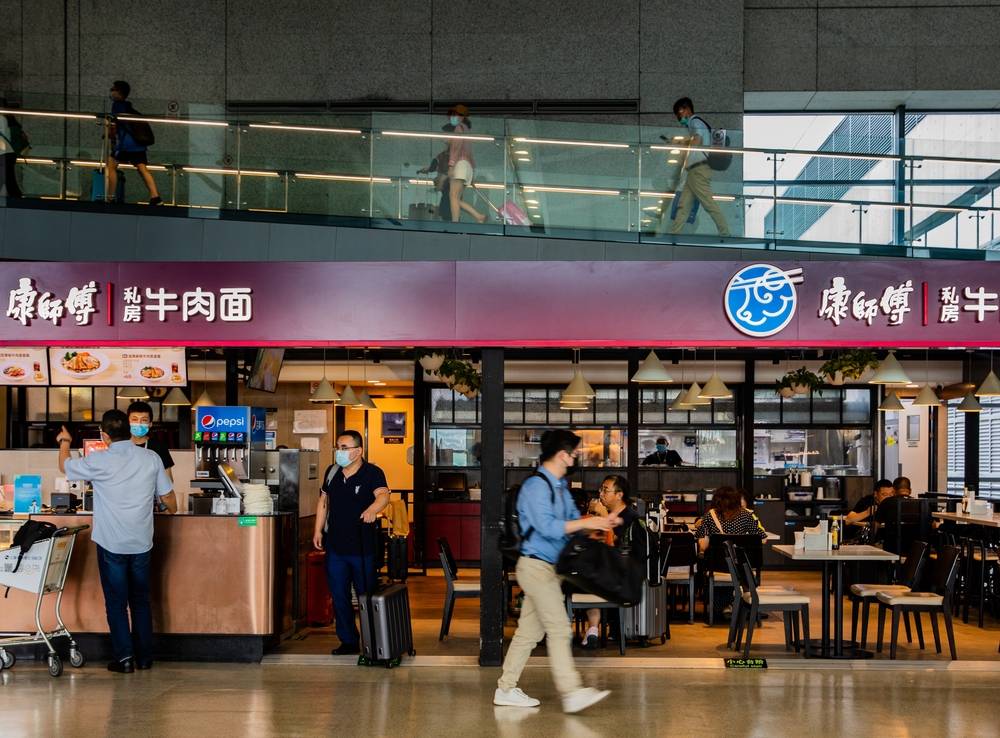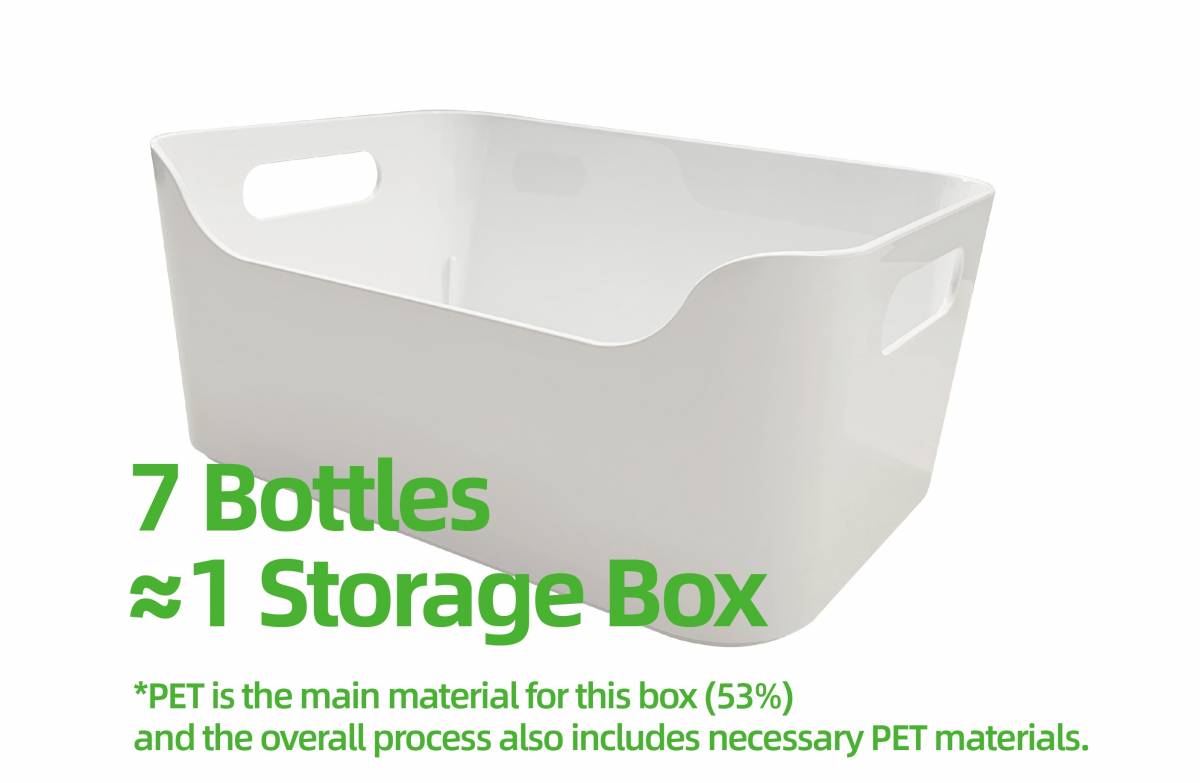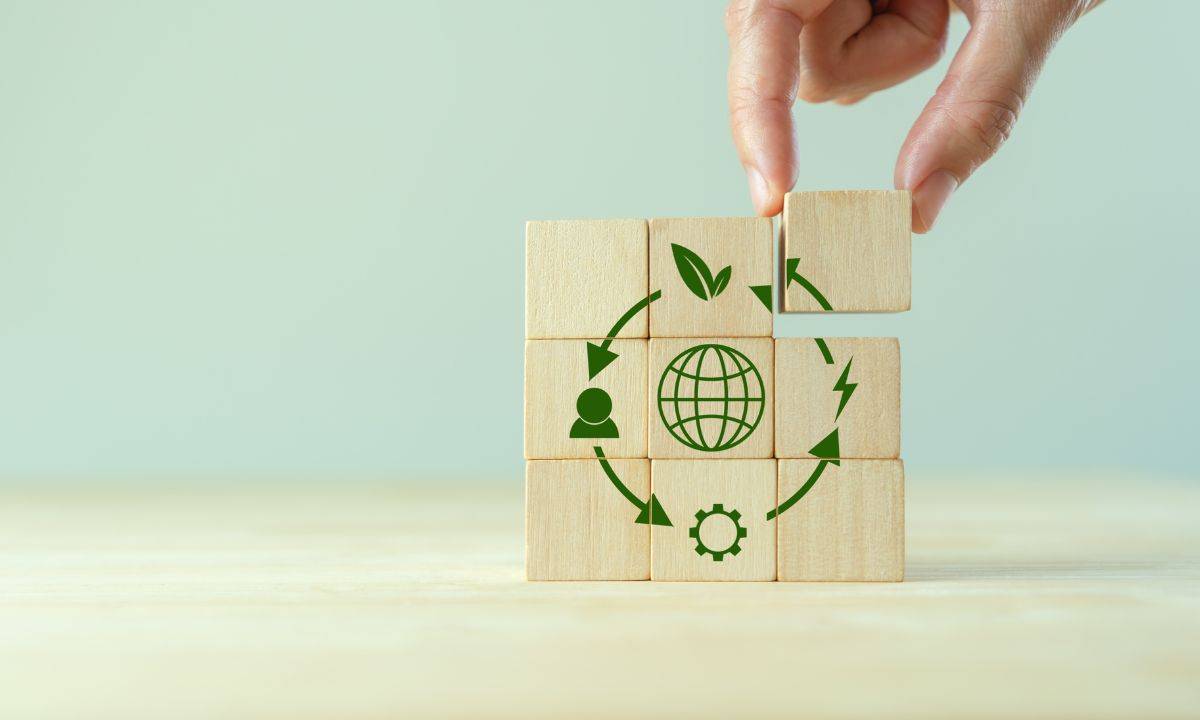
A Master Kong restaurant in Shanghai. Photo credit: Shutterstock
Master Kong, an instant noodles and beverage giant in China, teamed up with Alibaba Group and French utility Veolia to help shrink its carbon footprint.
The pilot project involved recycling Master Kong’s waste plastic bottles into new products sold on one of Alibaba Group’s grocery platforms. Master Kong is China’s largest instant noodles maker and exclusively makes, distributes and sells PepsiCo soft drinks in China.
As world leaders gather in Dubai to discuss the climate crisis at COP28, the pilot showcased how companies with different skill sets could collaborate to recycle waste at scale.
Master Kong, whose holding company is Hong Kong-listed Tingyi (Cayman Islands), collected waste PET bottles and transported them to a processing plant. PET, or polyethylene terephthalate, is a clear and 100% recyclable plastic.
At the plant, water, waste and energy management group Veolia turned the PET bottles into PET pellets, which can easily be made into new products. To complete the circle, the pellets were then used to produce goods for sale on Tmall Supermarket, an Alibaba-owned grocery purchasing platform.
In its latest annual report, Master Kong said had turned the PET pellets into storage boxes and luggage cases with its partners. Twenty thousand recycled PET storage boxes were sold during the project, which ran from August, 2022 to May this year.
The initiative is part of Alibaba and Master Kong’s commitment to tackle the plastic pollution crisis. Every day, the equivalent of 2,000 garbage trucks full of plastic are dumped into the world’s oceans, rivers, and lakes, according to the United Nations.
Alibaba and Master Kong are also founding members of the Global Development Initiative for Sustainable Development Goals, launched by the UN Global Compact in China in 2022.

Certification
Consumers are increasingly using their purchasing power to push brands to show how their supply chains and products are sustainable. An Alibaba survey found that 73% of consumers would welcome more information about making environmentally conscious online purchases.
Master Kong turned to Alibaba Cloud to help it document its recycling initiative. The cloud computing company’s carbon management platform Energy Expert monitored and recorded the carbon emission savings from recycling Master Kong’s PET plastic bottles in 2022.
Energy Expert found that seven waste plastic bottles could be turned into one PET storage box. Each recycled PET storage box has a cradle-to-gate carbon footprint of 1.002kg/unit.
As a result of its recycling process, the carbon footprint of each PET storage box was 21% smaller than if it were made from virgin PET material, as measured by Energy Expert.
Energy Expert leveraged blockchain technology to boost transparency and ensure data was safely processed during the process. It documented information, including real-time production pictures, shipping order numbers and production batch numbers on the blockchain to ensure that data is stored securely and tamper-proof.
Consumers can also find a QR code in each of the recycled PET storage boxes that they can scan to examine carbon emission data spanning the entire production chain, from recycling and transportation of PET bottles to the transportation of finished products to the warehouse.
The 20,000 recycled PET storage boxes sold during the project each had its own label detailing its carbon footprint.
The pilot project is one of several sustainability projects Master Kong is pursuing. The group also released the first standard for carbon footprint accounting and carbon neutralization evaluation standard for tea beverages in China.




